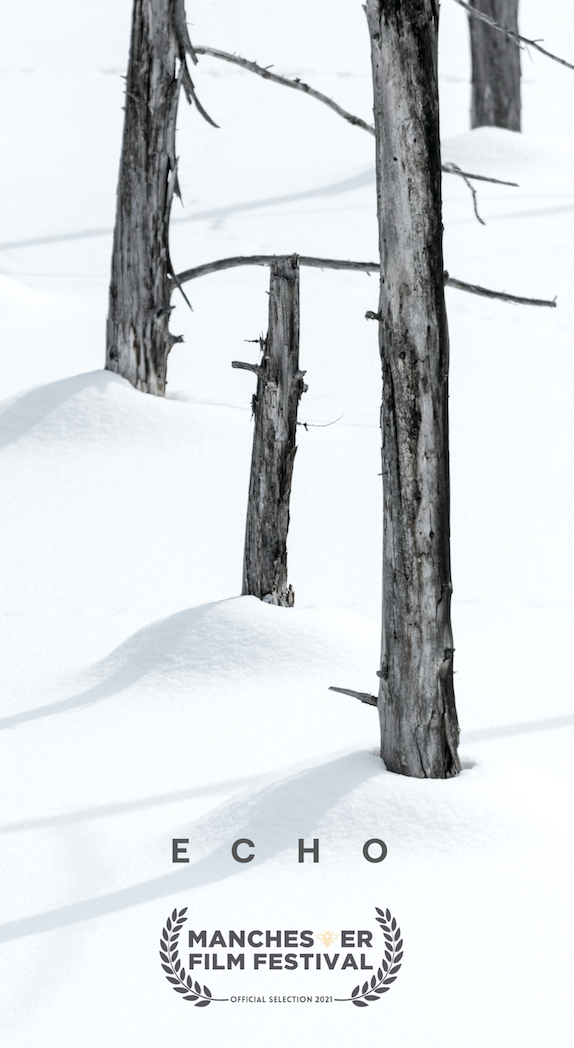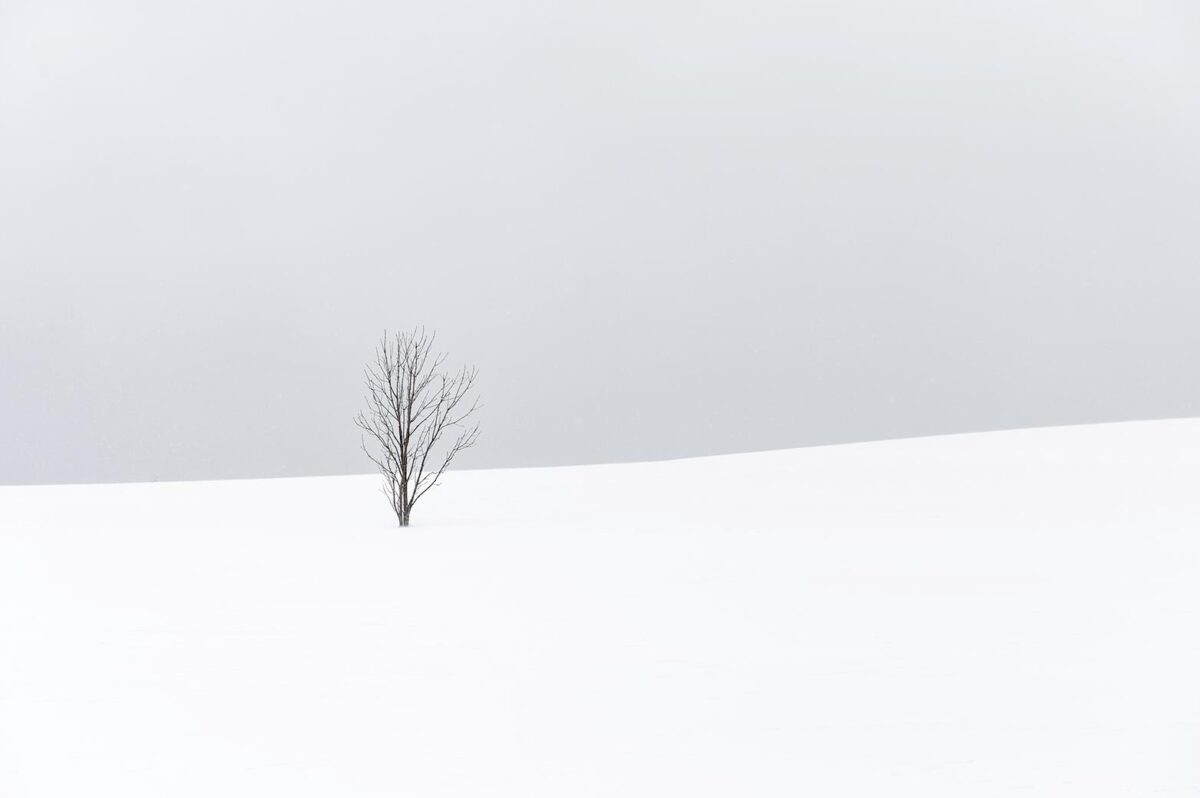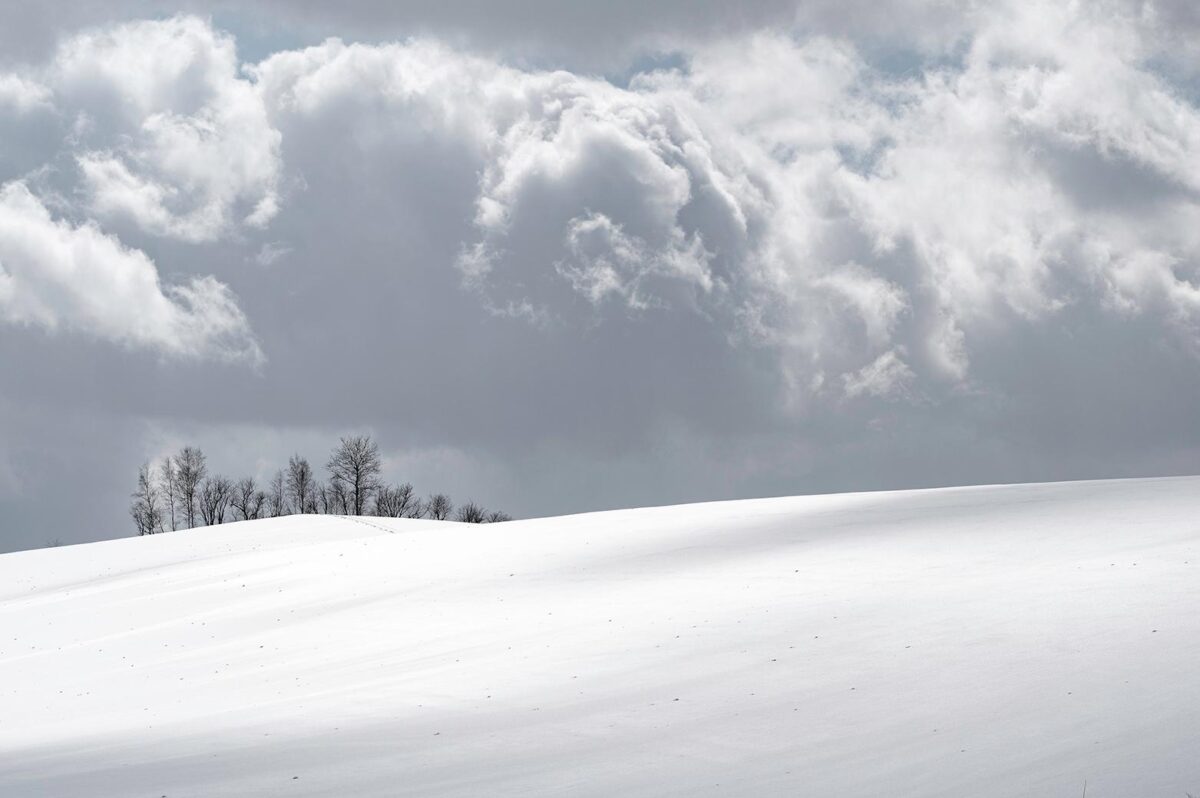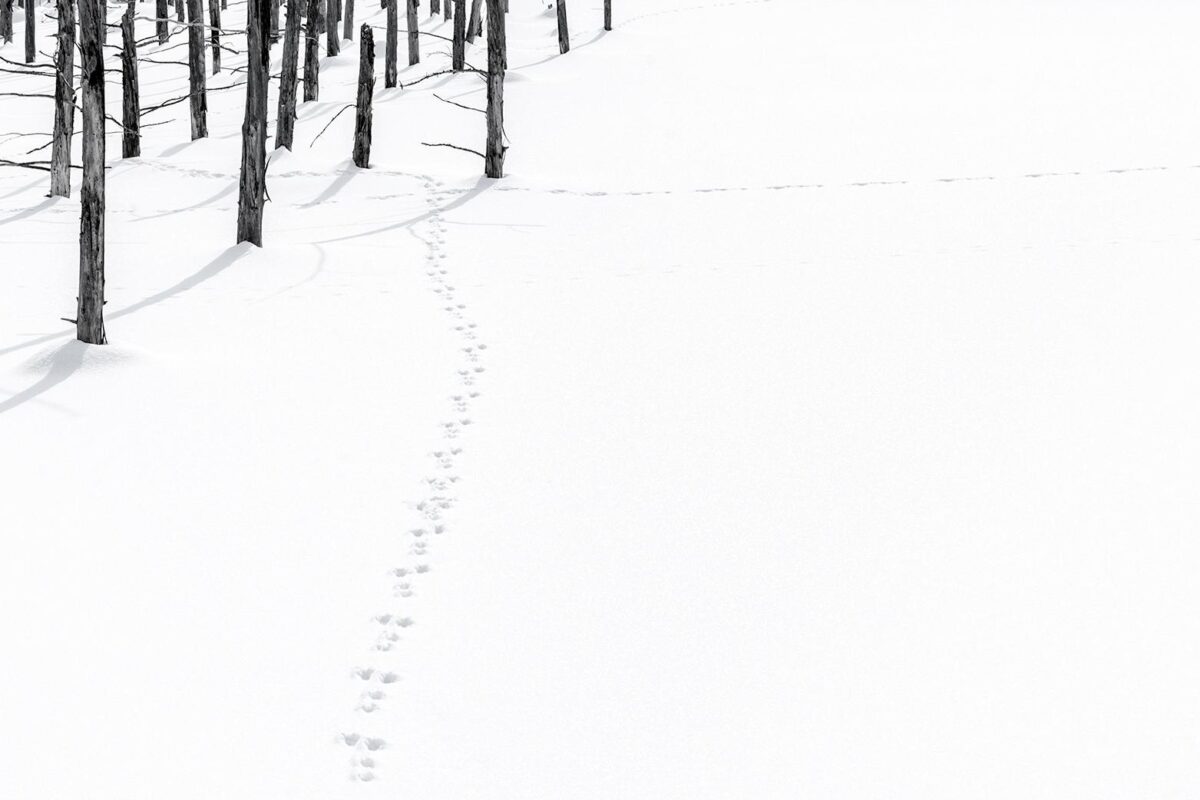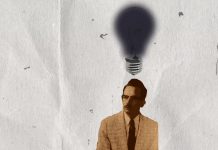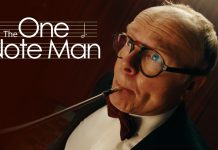Lieke Bezemer reflects on the trauma caused by sexual abuse in her visual collage ECHO, in which a lone voice reflects on her experience against the backdrop of exteriors.
Film And TV Now spoke with the film-maker about the project and its’ context.
FILM AND TV NOW: We understand the film arose out of your own personal trauma, but interestingly the story you tell is pure vocal against the backdrop of montage. Was this always the intention when you wrote the script?
LIEKE BEZEMER: I think it’s important to acknowledge that ECHO isn’t about my healing process. ECHO is my healing process.
At the earlier stages of the film my sexual abuse was still very much a secret, and I wasn’t ready to talk about it at all. And I couldn’t talk about it, even if I wanted to. Trauma tends to shut down the rational part of the brain, making it nearly impossible to describe what you’re experiencing. I could never find the words, but I could find the visuals.
Researching trauma and how it influenced my life through art, science, literature, culture, lots of self-reflection and the actual shooting of ECHO enabled me to then put my experiences into words again. Finally able to actually write a script, I still had to decide if that was what I wanted to do. Writing the voice-over would give the film a more confrontational and impactful character. But it would also ask a lot of vulnerability.
It would mean opening up about the secret I had been carrying with me to my friends and family, and to the entire world. It would make it impossible for me to ever deny my history of sexual abuse ever again. But the process to even get to this decision had already been so tough, that backing out now wasn’t going to happen. The film had to be as impactful as possible, and it was my personal story (and voice) to give it that last punch.
FTVN: The effect of abuse has been heightened in recent years with the high-profile case involving Harvey Weinstein. How do you feel this short can serve victims of a similar experience to your own?
LB: The whole reason I needed to make ECHO was because I missed a film like this in my own healing process.
When I got diagnosed with PTSD, it was so hard to wrap my head around what that actually meant. Was I losing my mind? As I still do now, I turned to art to find answers. However, I found that PTSD in art is represented in the darkest ways. Sketches of ghost and monsters showed me a lot of people go through this, but I also learned that PSTD is this demon living inside of me. A demon that I now know, was never there to hurt, but to protect.
A natural process visualized in such a haunting way didn’t help in understanding myself at all. If you don’t understand your trauma, it’s easier to just deny it. With ECHO we wanted to confront, without being destructive. We wanted for it to do all of those emotions justice, but focussing on the natural process rather than those demons.
It takes confrontation to acknowledge your trauma, in order to then heal. This is what the film did for me, and I know this is what it can do for others as well.
FTVN: Tell us about your production team.
LB: It was essential for me to work with a small and personal crew since I was still figuring out how to talk about the subject. This meant a team less than ten members strong, and a crew of three on location.
It was actually during the shoots in Japan when I started opening up to my producer and cinematographer about the sexual abuse, after already having worked with them for months. Before I made ECHO, I was so careful to share anything trauma related, with anyone. My crew not only helped me through this, but helped me find my voice again.
This also resulted into voice-over as we know it, which without my persistent editor, might never have been there. After all of those years, stuck in my own head, I spoke the language of trauma fluently. It was my crew that helped me translate this to a larger audience. For trauma not only to be understood by me, but by anyone who would watch the film. This way creating a bigger impact than I ever could have done alone.
FTVN: Tell us about some of the locations in the montage you present to the audience.
LB: I spent a lot of time finding a suiting micro-cosmos to visualize the invisible, since I knew fairly quickly that I didn’t want to use people to tell this story: I had to use nature.
In the years after the sexual abuse, I would slip in and out of this state of dissociation, where the mind goes blank and feelings go numb. When I found photos of the snowscapes in Hokkaido, the most otherworldly and abstract landscapes I had ever seen, I knew instantly that that was the place.
The emptiness and stillness of the world there, with occasional hints of what is buried under that deep snow – nowhere in this world ever came this close to the one I was living in, inside my head. Apparently, when my fight or flight kicks in, I flee to the most northern island of Japan! So that’s where we had to go film.
FTVN: How long did it take to make?
LB: We started in September of 2019, and the entire film process took a good year. With the pre-production and research phase taking up four months and filming for about three weeks, it is the post-production that took a big hit when the lockdowns started.
FTVN: How did you raise finance for the film?
LB: We raised all of our finance for ECHO through crowdfunding, since it was my first film as a director. It was mostly the donations of friends and family that made this production possible.
FTVN: What issues and themes would you like to explore in future work?
LB: I’ve always been captivated by big themes like mental health, climate change and nature conservation.
However, learned that it’s often the most personal stories that have the biggest impact on the audience. I think I will always stay focused on nature and global issues, but through a more personal and poetic perspective. Right now, I’m working on a new film that will almost be a sequel to ECHO.
Where ECHO was about confrontation and survival, my new film NOWHERE (working title) will focus on healing and letting go. Nature, again, will play a big role here. It is the connection felt with nature that will heal more than any shrink ever will. And it is that connection with nature, needed for us to feel responsible to take care of her, too.
FTVN: We understand you have a passion for nature documentaries. What fascinates you about them?
LB: My love for nature and documentaries runs very deeply. Having grown up in a small forest in The Netherlands, nature was often more of a home to me than those four walls ever could. It was what kept me going at my lowest.
The nature documentaries showed me that there is this incredible world out there, even when everything around me seemed dark and ugly. Nature saved me and I feel responsible to return the favour. Especially the animal kingdom brings me so much joy.
I feel connected to them and want to do whatever to protect them. Filmmaking is my way of doing that.
FTVN: Given the nature of the subject, has the film been shown to teenagers with the same trauma issues?
LB: We’ve started our viewings in more personal circles but are starting to work our way out more and more. It is important that a film like this one reaches the largest audience possible. ECHO reaching the right people can make a real difference. We are exploring ways to get it there where it can have the most impact.
FTVN: How has the current global situation affected your development and evolution as a filmmaker?
LB: COVID mostly delayed a lot of my plans, which also created room for new opportunities. Where I was supposed to move abroad and start a master’s degree to kick-start my career as a wildlife cinematographer. Now have the chance to first work on my own films, and tell more of my own stories.
FTVN: How has making this film helped you overcome your own personal issues?
LB: I had to make ECHO in order to heal. Because I missed a confrontational film like ECHO earlier in my healing process, when I was still in denial.
To acknowledge that I was raped five years ago, because this film gave me enough ‘evidence’. To research and reflect on how this incident still affects me to this day. To create a clear enough image of the overwhelmingly complex reality of trauma, to then be able to process it.
To finally be able to communicate trauma in words, via image. Sexual abuse is suddenly communicable – and the conversation is now being held.
FTVN: Finally, what are you most proud of about this short?
LB: Honestly, there is very little that I’m not proud of. The film pretty much does the impossible, visualizing the invisible. I can wholeheartedly say that the film embodies my experiences, in a confronting yet poetic way.
It has been such a long, emotional process and the film is so raw and vulnerable – something I never thought I would be able to make. And despite that it’s so incredibly personal, it resonates with so many people. Which is so sad and so beautiful, all at once.


